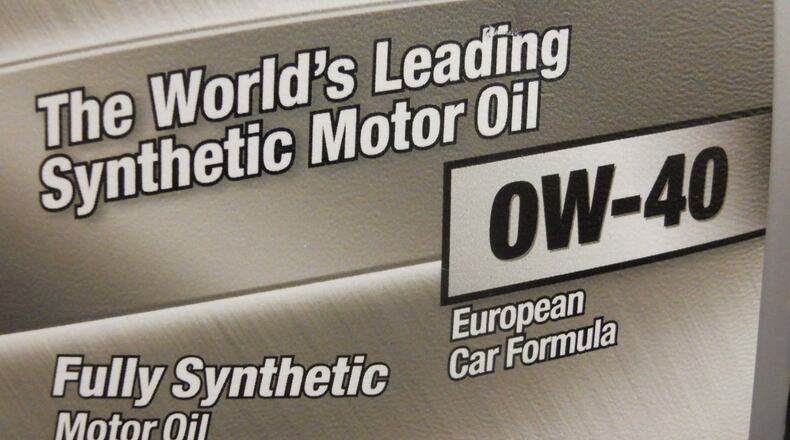Halderman: Engine oil does a lot more than simply trapping carbon in an engine. Engine oil has a major effect on the proper operation and life of any engine. Engine oil provides the following functions in every engine:
- Lubricates moving parts
- Helps cool engine parts
- Helps seal piston rings
- Helps to neutralize acids created by the byproducts of combustion
- Reduces friction in the engine
- Helps to prevent rust and corrosion
As a result of these many factors, the specified engine oil must be used and replaced at the specified mileage or time intervals.
The oil specified for use in a 2.5-liter Jetta four cylinder is 502.00. Do not use any other oil except oil that meets this specification to help avoid excessive engine wear such as to the high-pressure fuel pump that rides against the camshaft. The three facts that are important to know when changing oil include:
1. Recommended SAE viscosity (thickness) for the temperature range that is anticipated before the next oil change – such as SAE 0W-40 as in the case of the VW Jetta.
2. Quality rating as recommended by the engine or vehicle manufacturer, such as the VW 502.00 in this case.
3. Recommended oil change interval (time or mileage) or as indicated by the oil life monitor (OLM)
About the Author
